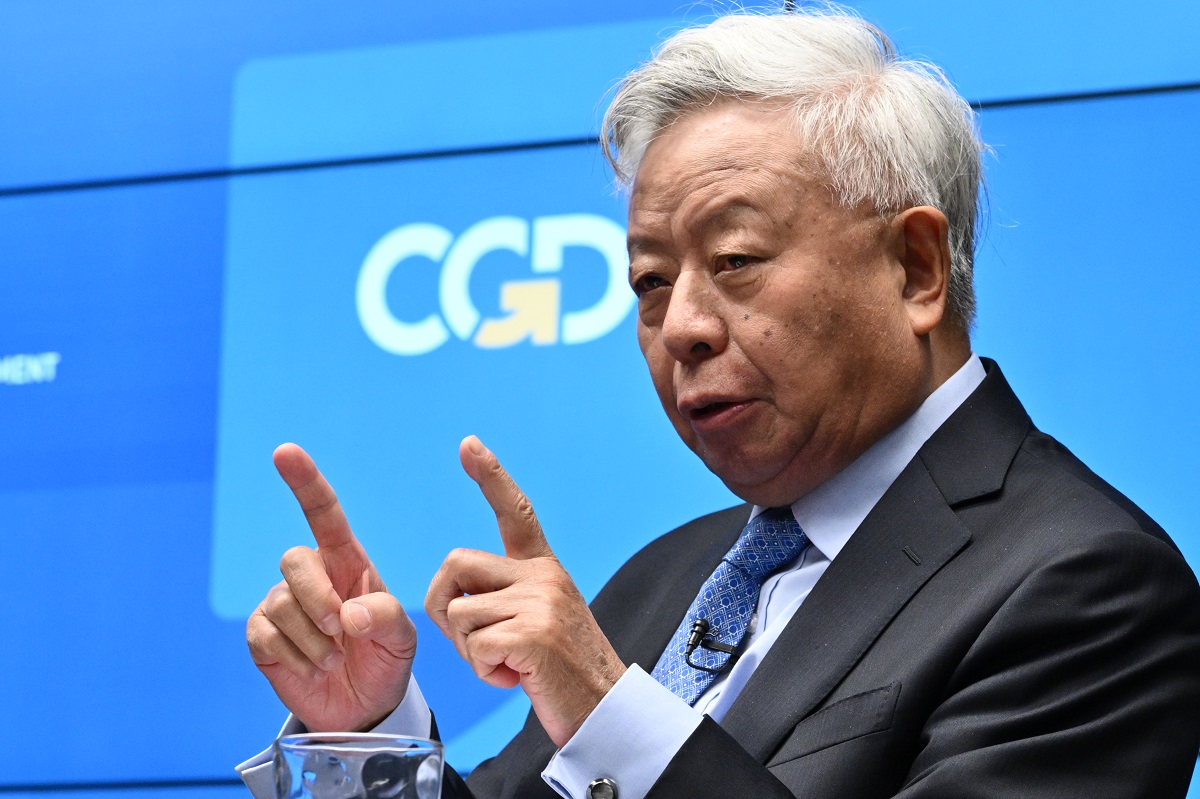The basic problem with the “AIIB is about the IMF” narrative is that the IMF is not a development bank. The AIIB will do what the World Bank and Asian Development Bank do, which is not what the IMF does. China did not choose to lead a multilateral effort to create a rival to the IMF. Rather, it created the AIIB for a specific purpose: to expand the pool of multilateral capital available for infrastructure investments in the developing world.
Ok, but what about China’s frustration over the governance of institutions like the IMF and World Bank? Here, it’s important not to lump the two Bretton Woods institutions together. In fact, the governance reforms that have stalled at the IMF because of congressional inaction were actually approved for the World Bank by Congress in 2012. As a result, China is now the third largest shareholder in the bank (behind the United States and Japan) and remains one of the institution’s largest borrowers. This position as large shareholder and borrower arguably gives the country a unique degree of influence within the institution in ways that belie claims that China is deeply frustrated by its standing in the World Bank.
Yet, where Bernanke and others might be wrong in attributing the AIIB directly to IMF governance reform, they are right in focusing on the role of the United States. By all means, the US Congress should act on IMF reform for all of the reasons that have been exhaustively detailed during the five years since the IMF deal was struck.
But if the United States wants to respond directly to the rise of the AIIB, then the Obama administration and Congress will need to shift their focus. Yes, further progress on World Bank governance reform will be helpful and necessary in the years ahead, but the United States has less to give here than do key European countries.
Instead, what the United States can provide through existing multilateral development banks (MDBs) such as the World Bank and Asian Development Bank is the same thing the Chinese are now providing through the AIIB: more capital for infrastructure spending. This is hardly a secret. China and other emerging-market countries have been calling for more capital at the World Bank and ADB for years, and the US-supported capital increases of 2010 have not kept pace with the demand for infrastructure spending.
Unfortunately, the United States has been the voice of opposition when it comes to calls for more MDB capital. But if the United States wants to limit the ambitions of emergent development institutions like the AIIB where US influence is limited, then it has to demonstrate greater ambition in the existing MDBs. The United States can choose to forge a pro-development partnership with China through the MDBs (old and new), or it can continue to stand on the sidelines as China pursues new partnerships elsewhere.
Congress could pass IMF reform tomorrow, and the United States would still be facing this critical choice in the world of the MDBs.
Disclaimer
CGD blog posts reflect the views of the authors, drawing on prior research and experience in their areas of expertise. CGD is a nonpartisan, independent organization and does not take institutional positions.




